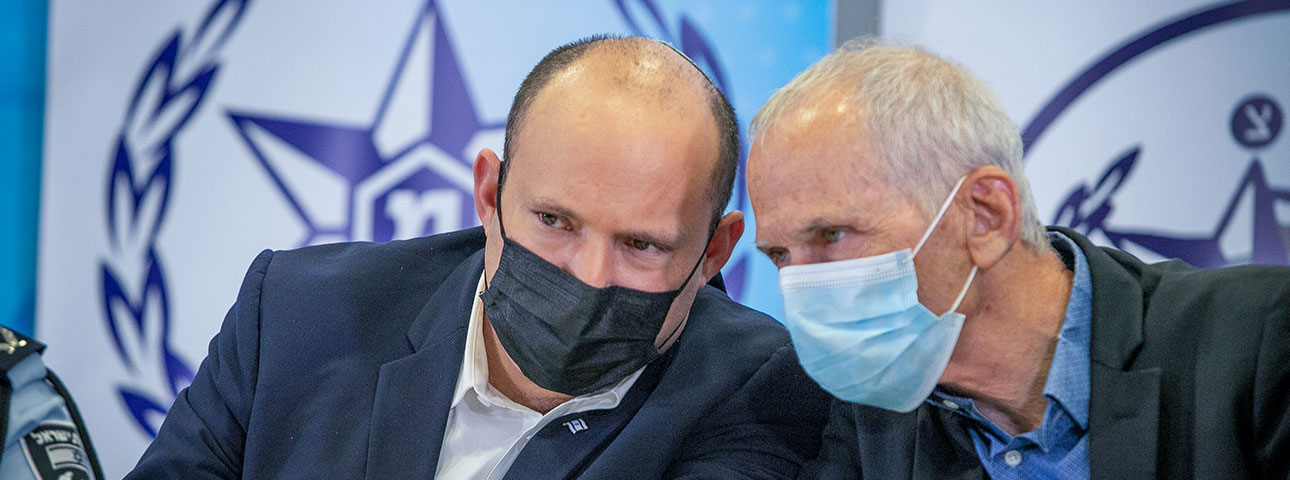Suspected Illegal Police Surveillance Necessitates New Legislation and Enforcement
"If these reports prove true, the activities attributed to the police cast a shadow on Israeli democracy and the rule of law and imply an appalling lack of respect for the checks and balances between the branches of government that form the basis of all democracies"

Flash 90
Yohanan Plesner, President of the Israel Democracy Institute, and Dr. Tehilla Shwartz Altshuler, a Senior Fellow IDI, on new reports regarding police surveillance of public figures:
"If these reports prove true, the activities attributed to the police cast a shadow on Israeli democracy and the rule of law and imply an appalling lack of respect for the checks and balances between the branches of government that form the basis of all democracies. According to these reports, the police have allegedly acted in an unrestrained manner while displaying a fundamental misunderstanding of the role they are supposed to play in a democracy where there are limits on their powers, and the fundamental rights of citizens must be respected.
We call for the establishment of an independent commission of inquiry, whether in the form of a ‘state commission of inquiry’ or through another appropriate mechanism, that will enable a thorough, professional and transparent inquiry, and to draw the necessary structural conclusions. Invasive and intrusive surveillance of the director generals of government ministries, mayors, members of former Prime Minister Netanyahu's family, and witnesses from his trial, demonstrators and ordinary citizens who were suspect of any wrongdoing, is completely unacceptable.
To the extent that the government has decided to adopt the Minister of Internal Security Omer Bar Lev's recommendation to establish a ‘government commission of inquiry’ it should be equipped with the necessary authority, powers and resources to ensure its independence, similar to those granted to the Winograd Commission that investigated the Second Lebanon War. We are at a critical moment in time and trust in Israeli democracy hangs in the balance. If the composition of the committee and its powers do not reflect an uncompromising commitment to independence and freedom of action, including the ability to make personal recommendations and conclusions, public trust will be further harmed.
At the same time, in light of the advanced technology that exists today, the current legislation in Israel, which lags far behind existing laws in other democracies, must also be adapted to correspond with today’s reality. This new legislation should include both an updated privacy act, and a law that properly regulates online surveillance and includes monitoring tools to ensure that it is implemented properly.
In the meanwhile, the relevant authorities must immediately clarify the boundaries that have been crossed, and after the details become clear, Israel law enforcement agencies must be reformed and, if any laws were broken, the perpetrators must be prosecuted to the full extent of the law.”
